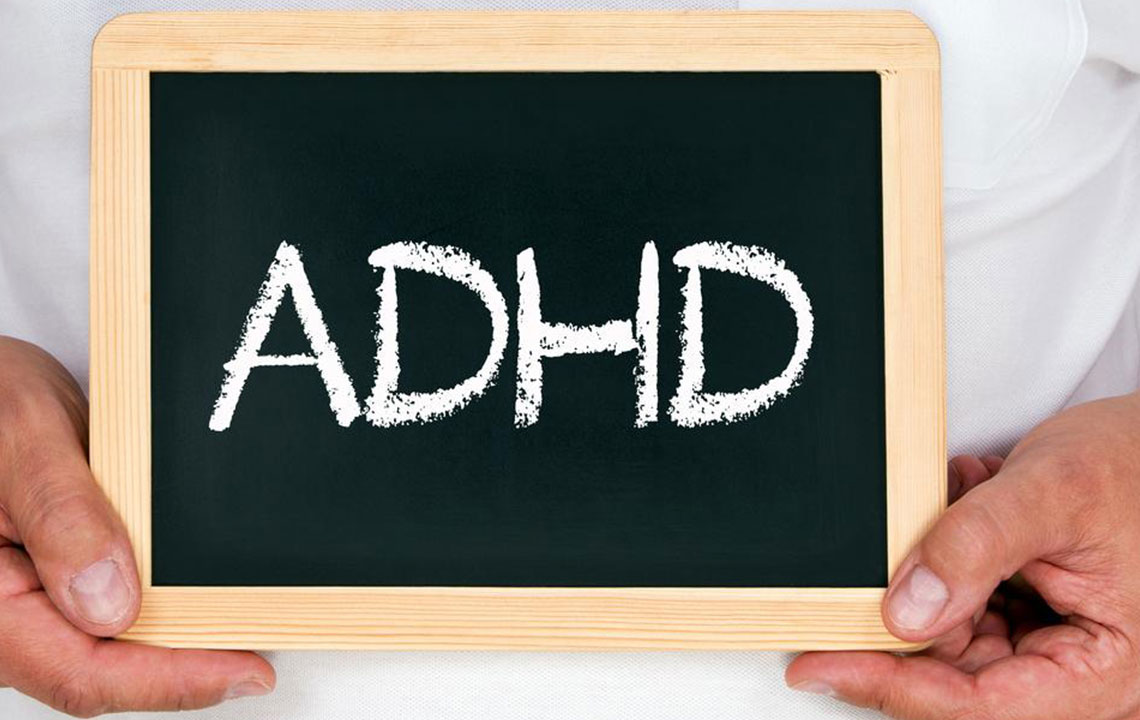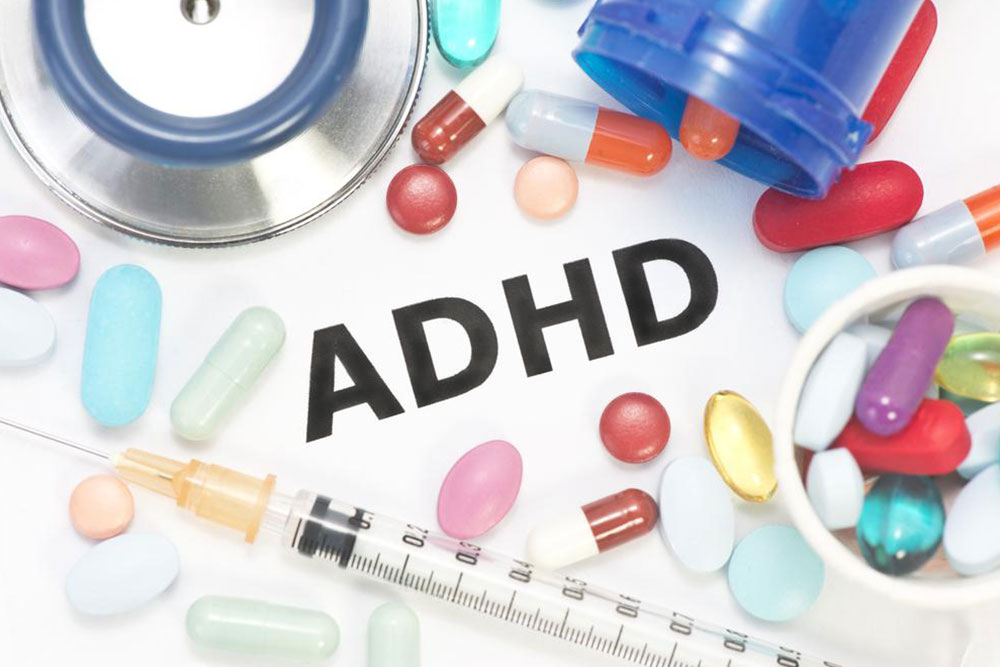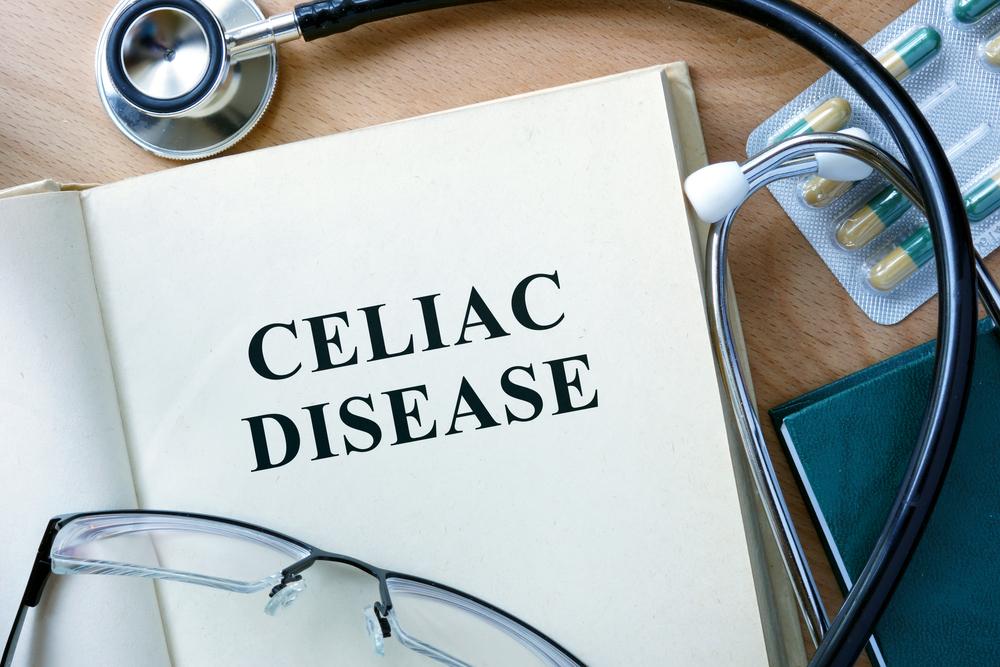Comprehensive Guide to Managing Adult ADHD
This article offers a detailed overview of managing adult ADHD, covering treatment options like medication, therapy, exercise, and specialized clinics. It emphasizes the importance of a comprehensive approach, including behavioral strategies and neurofeedback, to effectively control symptoms and improve daily functioning in adults. Accessible treatment centers are also highlighted, providing guidance for those seeking professional help. The goal is to inform adults with ADHD and support better management through a multidisciplinary approach.

Comprehensive Guide to Managing Adult ADHD
Attention Deficit Hyperactivity Disorder (ADHD) is commonly associated with children, but it also significantly affects many adults. This neurodevelopmental condition impacts daily functioning and learning abilities. Healthcare professionals, including psychiatrists and clinicians, play a crucial role in diagnosing and managing ADHD in adults to reduce risks and improve quality of life.
Adult ADHD Management Strategies
Advances in medical science have introduced various treatment options for adults diagnosed with ADHD. Even if diagnosed in childhood, the disorder can persist into adulthood, affecting up to one-third of the adult population. Effective management involves a combination of medication, therapy, and lifestyle changes:
Seek medical advice if symptoms reoccur
Follow prescribed medications carefully
Work with a coach to set goals and stay motivated
Engage in cognitive behavioral therapy to modify behaviors
Address emotional and psychological issues alongside medication
Physical Activity and ADHD
Regular exercise can significantly improve mood, focus, and memory, helping to lessen ADHD symptoms. Suitable activities include team sports, walking, running, and hiking—natural methods to boost mental well-being and reduce symptoms.
Behavioral Therapy for Adults
Cognitive-behavioral approaches help identify and modify problematic behaviors. This targeted, short-term therapy enhances emotional regulation, reduces anxiety, and decreases mood disorders, supporting better functioning in daily life.
Neurofeedback and Brain Training
Techniques like neurofeedback and programs like Cogmed can improve attention span and memory, while minimizing medication side effects. These therapies assist in controlling impulsive behaviors and enhancing cognitive skills.
Finding Adult ADHD Treatment Centers
With increasing awareness, many specialized centers across the country provide adult ADHD services. Notable institutions include:
University of Arkansas Medical Center Behavioral and Mental Health
Duke University ADHD Program in North Carolina
University of Cincinnati Medical Center
University of Tennessee Department of Psychology Clinic
Note: Our platform offers diverse informational articles based on thorough research. While we aim to provide accurate insights, readers should view the content as informational rather than definitive. The editorial team is not responsible for discrepancies or inaccuracies found elsewhere. For the best results, consult healthcare professionals for diagnosis and personalized treatment plans.










